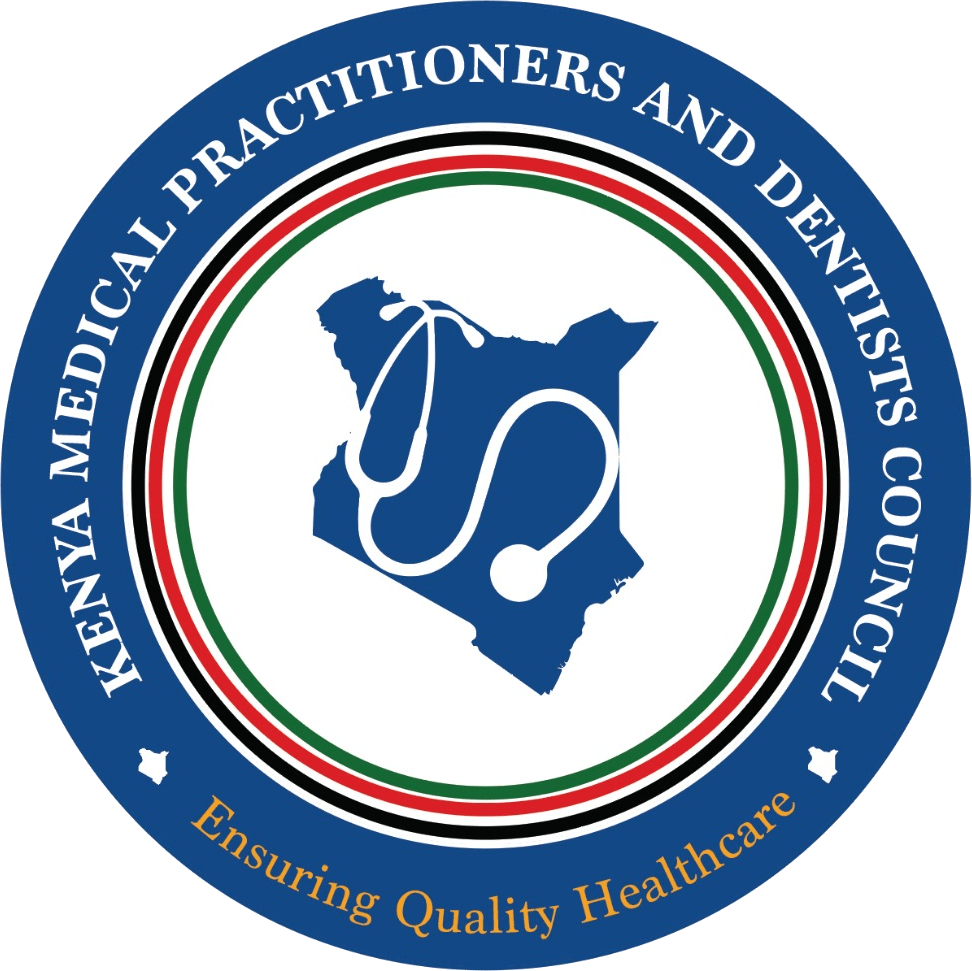Starting on:
Feb 18, 2025
Ending on:
Feb 18, 2025
Moderator(s):
Venue:
KUTRRH
Max Credits:
3 Points
Provider:
Kenyatta University Teaching and Referral Hospital
Claim Points
Feb 18, 2025
Ending on:
Feb 18, 2025
Moderator(s):
KUTRRH
Max Credits:
3 Points
Provider:
Kenyatta University Teaching and Referral Hospital
Claim Points
Induction of Anesthesia in the Elderly Ambulatory Patient
Starting on:
Feb 18, 2025
Feb 18, 2025
Ending on:
Feb 18, 2025
Feb 18, 2025
Venue:
KUTRRH
KUTRRH
Description
Induction of Anesthesia in the Elderly Ambulatory Patient: A Double-Blinded Comparison of Propofol and Sevoflurane
Objectives
Introduce the Clinical Challenge of Anesthesia in Elderly Ambulatory Patients
Highlight the physiological vulnerabilities and risks associated with anesthesia in geriatric populations.
Compare the Effects of Propofol and Sevoflurane During Induction
Evaluate differences in mean arterial pressure (MAP), oxygen saturation, and apnea time between the two agents.
Present the Study Design and Methodology
Describe the randomized, double-blinded clinical trial setup, including patient selection, blinding techniques, and treatment groups.
Analyze Primary and Secondary Outcomes
Assess changes in MAP, incidence of apnea, heart rate trends, and oxygen saturation across the study groups.
Discuss Statistical Findings and Significance
Interpret p-values and statistical tests used to validate the study’s hypothesis.
Identify Procedural Characteristics and Complications
Explore intraoperative events, patient satisfaction, and adverse effects such as hypotension and nausea.
Evaluate Study Validity and Limitations
Review biases, confounding factors, and effect modifiers that may influence the results.
Highlight Ethical Considerations
Confirm informed consent and ethics committee approval for the trial.
Summarize Key Insights and Clinical Implications
Provide recommendations for anesthetic agent selection in elderly patients undergoing ambulatory surgery.
Presenters
-
Dr.
Gibson Irungu
Dr.

